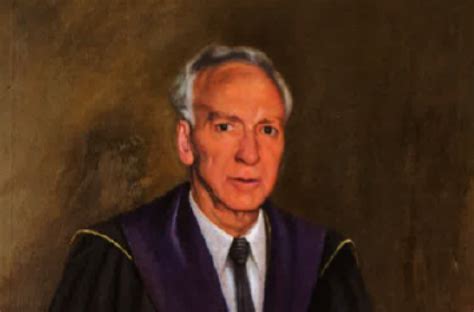A Quote by Eugen Herrigel
Zen Buddhism does not preach. Sermons remain words. It waits until people feel stifled and insecure, driven by a secret longing.
Related Quotes
We realized that there's a great need in many churches to use the power of the media...There are a lot of different ways to preach. You can preach by praising. You can preach by preaching sermons. You can preach by just giving someone food when they're hungry. There are people who will never darken a church door but they will come to see a play.
My ethics, my sense of morality, my work ethic, my sense of compassion for suffering humanity, all of that comes directly out of the practice of poetry, as does my Buddhist practice. Poetry is a very important element in the history of Buddhism in general and in Zen in particular. It was really Zen that motivated me to change the way I perceive the world.
Zen purposes to discipline the mind itself, to make it its own master, through an insight into its proper nature. This getting into the real nature of one's own mind or soul is the fundamental object of Zen Buddhism. Zen, therefore, is more than meditation and Dhyana in its ordinary sense. The discipline of Zen consists in opening the mental eye in order to look into the very reason of existence.






































